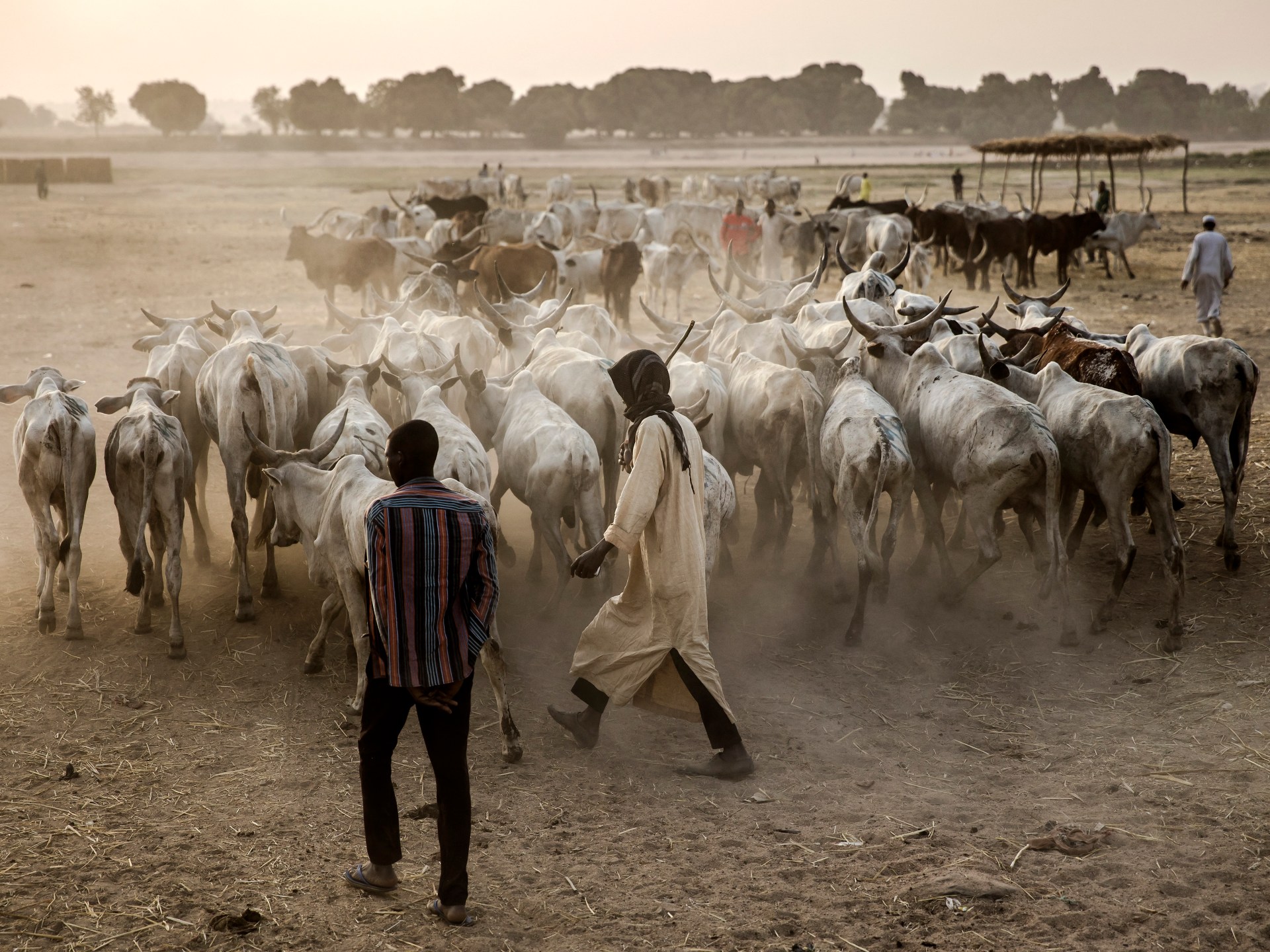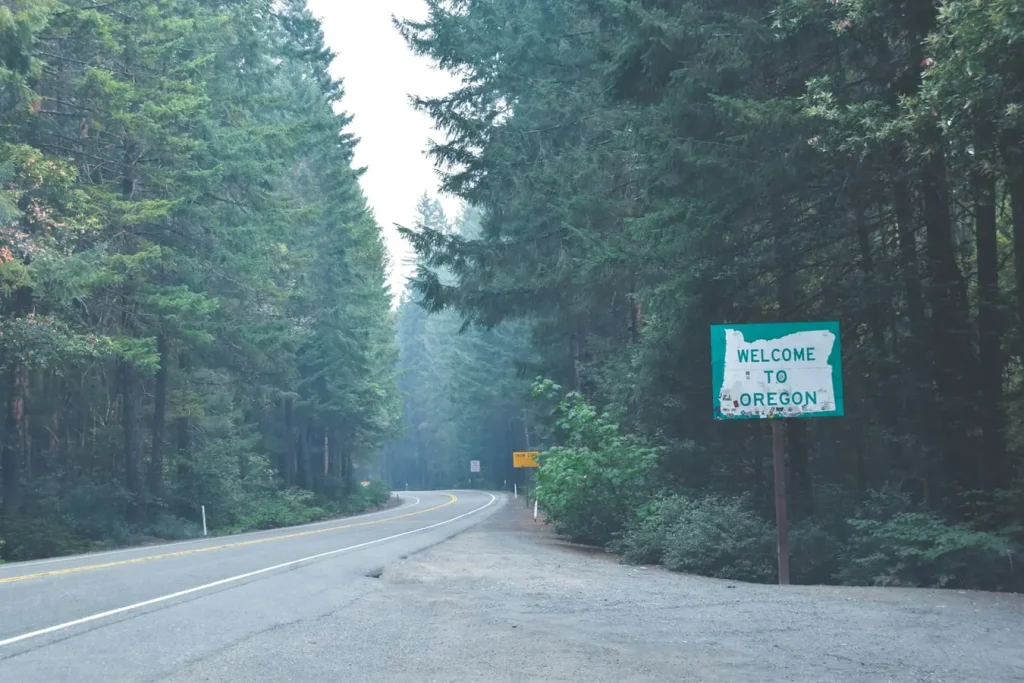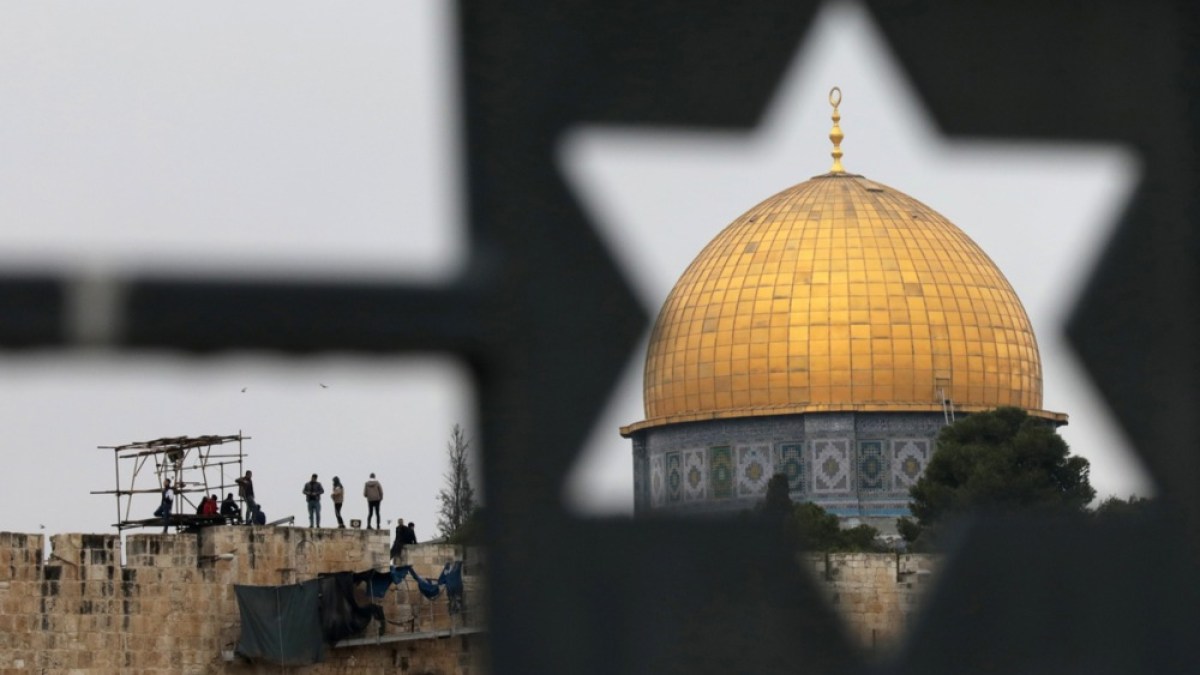Now Reading: Herder-farmer clashes in Nigeria kill at least 17
-
01
Herder-farmer clashes in Nigeria kill at least 17
Herder-farmer clashes in Nigeria kill at least 17

Recent conflicts between nomads and farmers have been on the rise in Benue and Plateau states.
Suspected nomadic cattle herders are said to have killed at least 17 people in twin attacks in Benue State, central Nigeria. According to police spokesperson Anene Sewuese Catherine, a large group of suspected militia invaded a region of Benue State overnight. This attack occurred amidst a resurgence of violent clashes between herders and farmers, a long-standing conflict that has claimed the lives of hundreds over the years.
Security forces were deployed to the area, and as the assailants were being pushed back in the early hours of the day, they opened fire on unsuspecting farmers, resulting in the deaths of five farmers in Benue’s Ukum area. A second attack took place in Logo, approximately 70km away from the first incident. Prior to the arrival of the police, 12 individuals were killed in a neighboring area during this second attack.
These incidents occurred shortly after 11 people were killed in the Otukpo region of Benue, and just a week following an attack by gunmen on villages in Plateau State, where more than 50 people lost their lives.
According to research from SBM Intelligence, since 2019, clashes between nomadic herders and farming communities have led to the deaths of over 500 individuals in the region, forcing 2.2 million people to flee their homes. Though often viewed through the lens of religion and ethnicity, with conflicts involving Muslim Fulani herders and Christian farmers from the Berom and Irigwe groups, analysts suggest that factors such as climate change and the scarcity of grazing land are driving the tensions between the two groups, regardless of their faith.
The ongoing conflict has disrupted food supplies from the north-central region of Nigeria, a key agricultural area.






